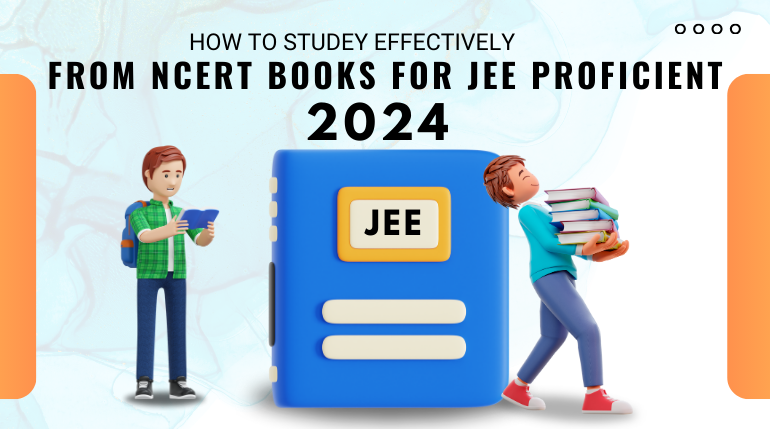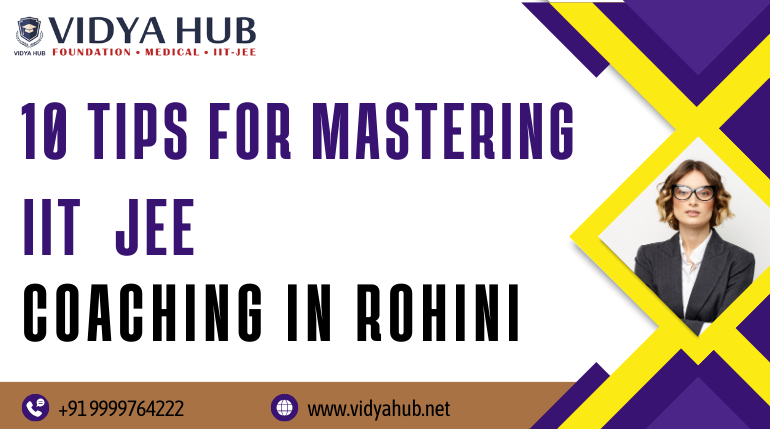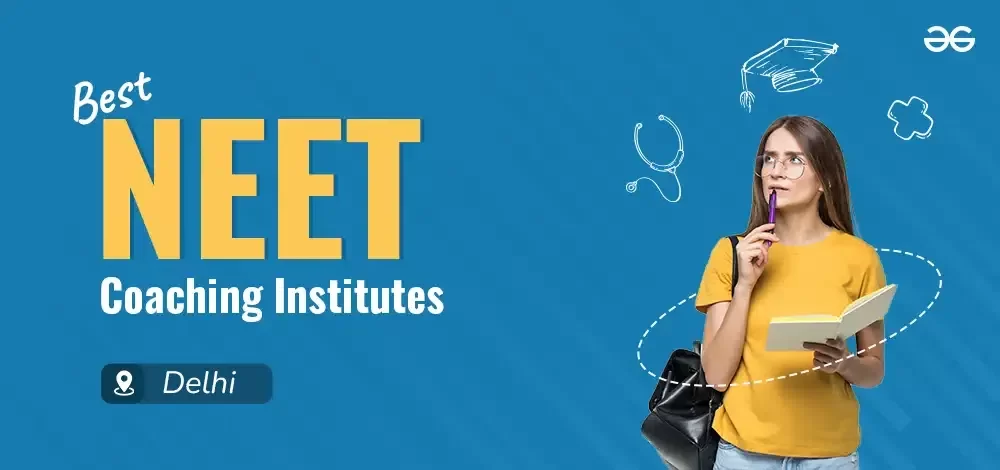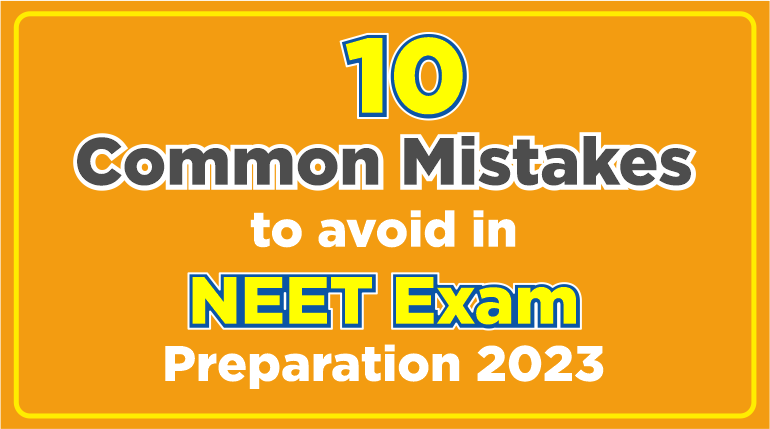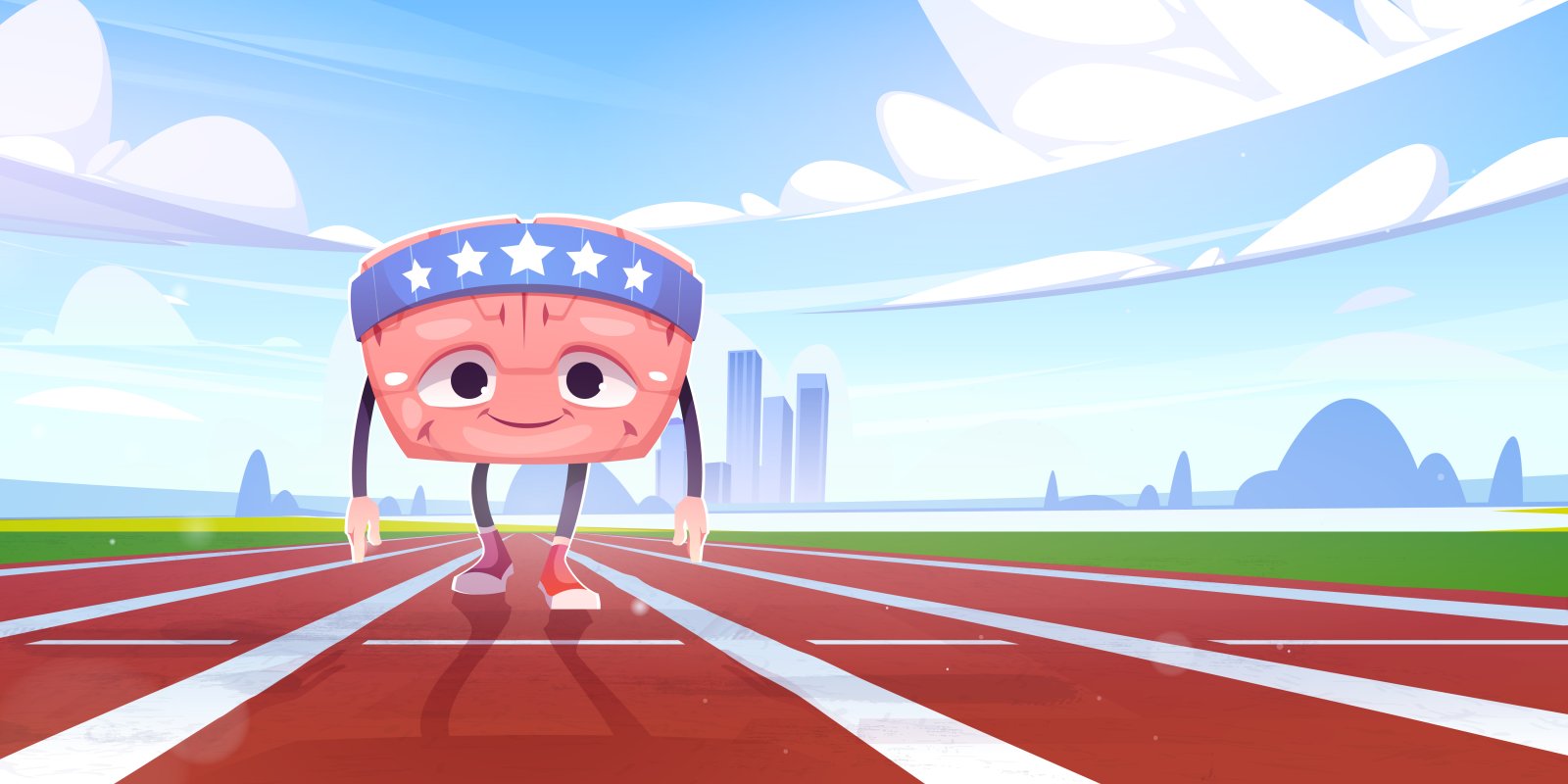Class 10th preboards, also known as pre-board exams or model exams, are mock exams that are held before the actual class 10th board exams. These exams are conducted by schools to help students get an idea of what to expect in the actual board exams and to assess their preparedness. Preboards generally cover the entire syllabus of class 10th and are usually conducted a few weeks or months before the actual board exams.
It is important to take class 10th preboards seriously and treat them as actual exams. Make sure to study thoroughly and practice regularly to prepare for them. Preboards can be a good opportunity to identify your strengths and weaknesses and work on improving your performance.
ENGLISH
The English curriculum for Class 10 typically covers a range of language skills and literature-related topics. One key aspect of the curriculum is reading comprehension. Students learned a variety of texts and answer questions about them to improve their reading skills and understanding of the content. This may include reading and analyzing novels, plays, and other literature, as well as non-fiction texts such as news articles and biographies. Writing is another major focus of the Class 10 English curriculum.
Students practiced writing different types of texts, including narratives, persuasive texts, and descriptive texts. They learned about grammar, vocabulary, and punctuation, and had the opportunity to revise and edit their writing to improve its clarity and effectiveness. Class 10 English curriculum includes a focus on vocabulary development. Students learned new words and their meanings, and practiced using them in context to improve their language skills.
SOLUTIONS: [LINK]
HINDI
The Hindi curriculum for Class 10 typically covers a range of language skills and literature-related topics. In addition to reading and writing, the Class 10 Hindi curriculum also includes a study of literature. Students studied a selection of literary texts, including novels, plays, and poems, and learned about different literary genres and techniques. They also learned about the cultural and historical context in which these texts were written.
Speaking and listening skills are also an important part of the Class 10 Hindi curriculum. Students practiced speaking and listening through class discussions and presentations, and learned how to communicate effectively in a variety of settings. The Class 10 Hindi curriculum includes a focus on vocabulary development. Students learned new words and their meanings, and practiced using them in context to improve their language skills.
SOLUTIONS: [LINK]
SOCIAL SCIENCE
The Social Science curriculum for Class 10 typically covers a range of subjects, including history, geography, political science, and economics.
In history, students learned about significant events, people, and civilizations from the past. They studied the history of their own country as well as that of other regions and nations.
Geography is another key component of the Social Science curriculum. Students learned about the physical and human characteristics of different regions and countries, including their climate, natural resources, and population. They also studied map skills and spatial analysis.
Political science is the study of governments and political systems. In Class 10, students learned about different forms of government, such as democracy and autocracy, and the role of citizens in shaping and participating in political systems.
Economics is the study of how societies produce, distribute, and consume goods and services. In Class 10, students learned about basic economic concepts such as supply and demand, market structures, and international trade.
SOLUTIONS: [LINK]
SCIENCE
The Science curriculum for Class 10 typically covers a range of subjects, including biology, chemistry, and physics.
In biology, students learned about the structure and function of living organisms, including plants and animals. They studied topics such as cell biology, genetics, evolution, and ecology.
Chemistry is the study of the properties and behavior of matter. In Class 10, students learned about chemical reactions, the periodic table of elements, and the structure of atoms and molecules.
Physics is the study of matter, energy, and the fundamental laws of nature. In Class 10, students learned about topics such as motion, force, energy, electricity, and magnetism.
The Class 10 Science curriculum may also include topics such as environmental science and health and hygiene.
SOLUTIONS: [LINK]
MATHEMATICS
The math curriculum for Class 10 typically covers a range of topics, including algebra, geometry, and trigonometry.
In algebra, students learned about equations, variables, and functions. They also practiced solving linear and quadratic equations and graphing linear and nonlinear functions.
Geometry is the study of shapes and spatial relationships. In Class 10, students learned about points, lines, angles, triangles, circles, and other geometric figures. They also practiced applying geometric concepts and formulas to solve problems.
Trigonometry is the study of triangles and the relationships between their sides and angles. In Class 10, students learned about the trigonometric functions, such as sine, cosine, and tangent, and how to use them to solve problems involving angles and lengths.
In addition to these core topics, the Class 10 math curriculum may also include topics such as statistics, probability, and data analysis.
SOLUTIONS: [LINK]
WHY ARE PRE-BOARDS IMPORTANT?
Pre-board exams, also known as mock or practice exams, are a common part of the academic calendar for students in Class 10. These exams are typically held a few weeks or months before the final board exams, and are designed to give students an opportunity to practice their skills and assess their readiness for the real exams.
There are several reasons why pre-board exams are important:
- PRACTICE: Pre-board exams give students the chance to practice their skills and test their knowledge. This can help identify any areas of weakness that need more attention and give students the opportunity to improve before the final exams. By practicing with exams that are similar in format and content to the final exams, students can develop their test-taking skills and become more comfortable with the exam format.
- TIME MANAGEMENT: Pre-board exams help students learn how to manage their time effectively during the exam. They can practice pacing themselves and completing the exam within the allotted time. This is an important skill that will help students perform their best on the final exams, where time is often a limiting factor.
- STRESS REDUCTION: Pre-board exams can help reduce stress by giving students a sense of what to expect on the final exams. This can help students feel more confident and prepared on the day of the exam. By experiencing the exam environment and format beforehand, students can become more familiar with the testing process and feel more at ease on exam day.
- FEEDBACK: Pre-board exams provide students with feedback on their performance. This can help students understand their strengths and areas for improvement, and guide their study efforts in the lead-up to the final exams. By identifying areas of weakness and addressing them before the final exams, students can increase their chances of success.
- MOTIVATION: Pre-board exams can help motivate students to study and prepare for the final exams. By seeing their progress and improvement on the mock exams, students can feel more confident in their ability to succeed on the final exams. This can also help students stay focused and motivated in their studies as they prepare for the final exams.
- PARENT AND TEACHER INVOLVEMENT: Pre-board exams can provide an opportunity for parents and teachers to be involved in the students' academic progress. By reviewing the results of the mock exams, parents and teachers can identify areas of weakness and work with the students to address them. This can help ensure that students are well-prepared for the final exams and have the support they need to succeed.
Pre-board exams are an important part of the academic process for Class 10 students. They provide valuable practice, help students develop good time management and test-taking skills, and give students an opportunity to assess their readiness for the final exams. By taking advantage of the opportunities provided by pre-board exams, students can increase their chances of success on the final exams and set themselves up for academic success in the future. So, the importance of pre boards in class 10th cannot be ignored.
VidyaHub is the best institute for class 10th boards. We have a branch in Paschim Vihar as well as Rohini making us the best as well as convenient.
- Our experienced and qualified teachers who are knowledgeable about the subject matter and able to effectively teach it to students.
- We have a well-designed and comprehensive curriculum that covers all the necessary material for the board exams.
- We provide students with access to high-quality study materials and resources, such as textbooks, online resources, and practice tests.
- We help students develop effective test-taking strategies and provides support and guidance during the exam preparation process.
- We have a track record of producing successful results on board exams.
So, what are you waiting for? Join VidyaHub now! The best coaching centre for class 10th board exams.
